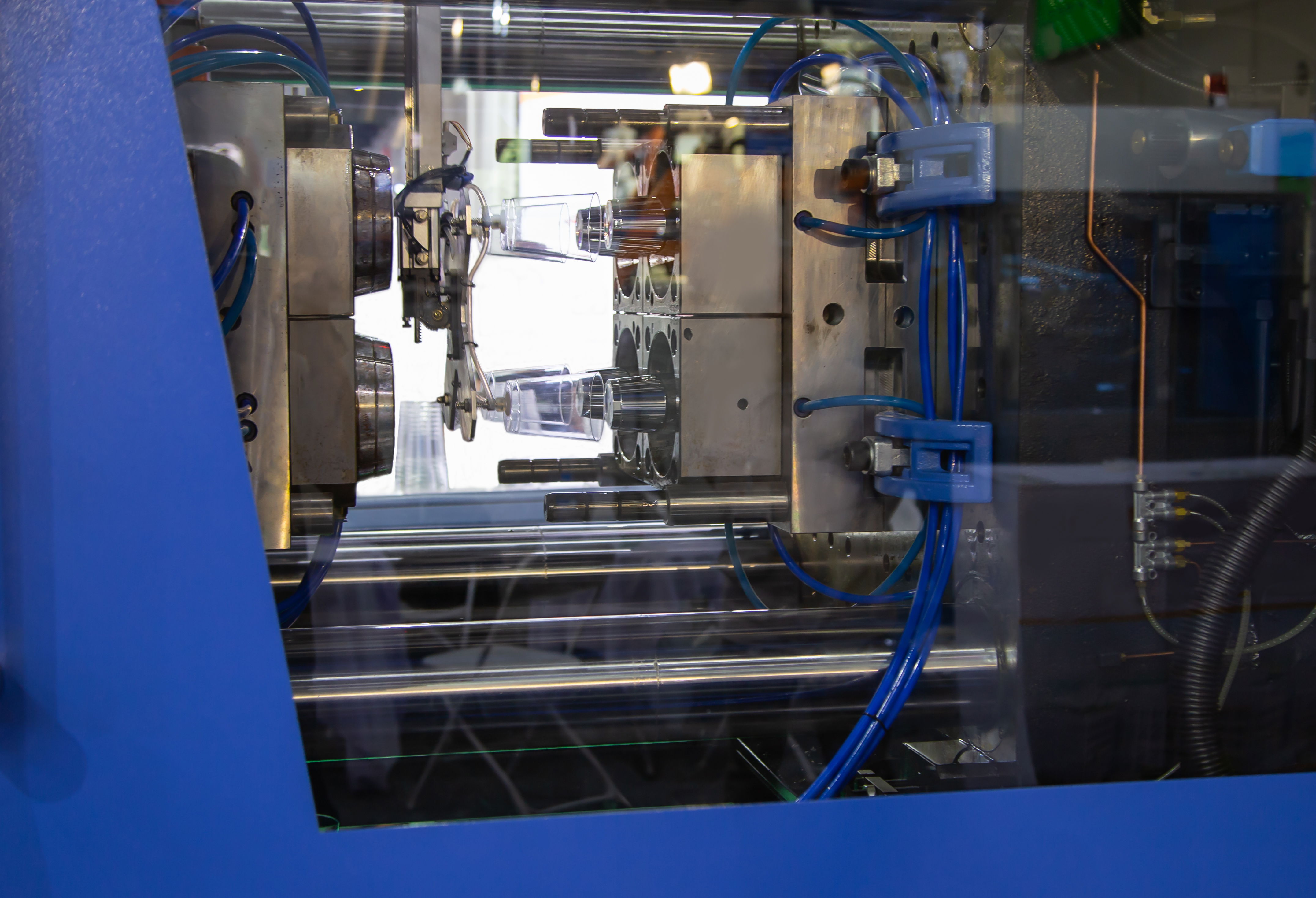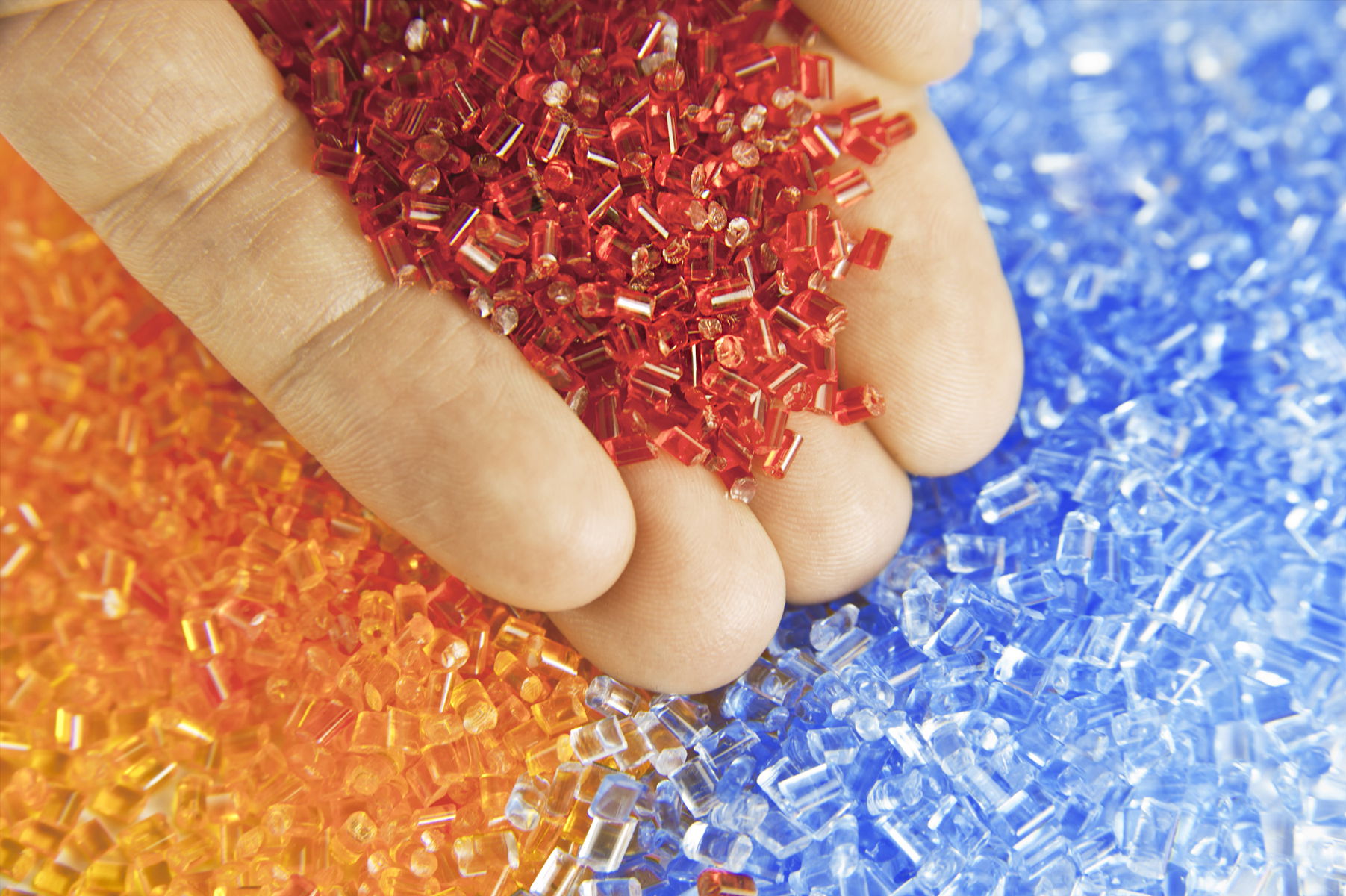Choosing The Right Plastic Injection Molding Materials for Your Products
The selection of the right material is crucial for the success of plastic injection molding. Various factors such as strength, price, and physical properties should be taken into account while choosing a material. In this blog, we will discuss the most commonly used plastic injection molding materials as well as some of the lesser-known materials with significant performance advantages.
Common Plastic Injection Molding Materials
- Polypropylene (PP): PP is a widely used material due to its low cost, high strength, and excellent chemical resistance. It has a low melting point and is easy to mold, making it suitable for a wide range of applications.
- Acrylonitrile Butadiene Styrene (ABS): ABS is another commonly used material that is durable, impact-resistant, and has good heat resistance. It is often used for consumer products such as toys, electronic housings, and automotive parts.
- Polycarbonate (PC): PC is a strong, transparent material that is commonly used in applications where impact resistance and clarity are important, such as automotive parts, safety goggles, and medical devices.
- Polyethylene (PE): PE is a versatile material that is available in various densities. It is commonly used for packaging, containers, and toys due to its low cost and flexibility.
- Nylon (PA): PA is a high-strength material that is abrasion-resistant and has excellent heat resistance. It is often used for automotive parts, electrical components, and industrial applications.

Unusual Plastic Injection Molding Materials
In addition to these commonly used materials, there are also some lesser-known materials that offer significant performance advantages, such as:
- Liquid Silicone Rubber (LSR): LSR is a material that offers excellent flexibility, durability, and biocompatibility. It is suitable for medical, automotive, and consumer products that require high precision and tight tolerances.
- Polyphenylene Oxide (PPO): PPO is a high-performance material that offers excellent heat resistance, dimensional stability, and low moisture absorption. It is often used in electrical, automotive, and aerospace components.
- Polyetherimide (PEI): PEI is a high-strength material that offers excellent heat resistance and dimensional stability. It is often used in electrical and aerospace applications where high strength and low weight are important.

So selecting the right material for your injection molding project is critical to achieving the desired performance, cost, and quality. By considering factors such as strength, price, and physical properties, and understanding the advantages of both common and lesser-known materials, you can make an informed decision that will lead to a successful injection molding project.